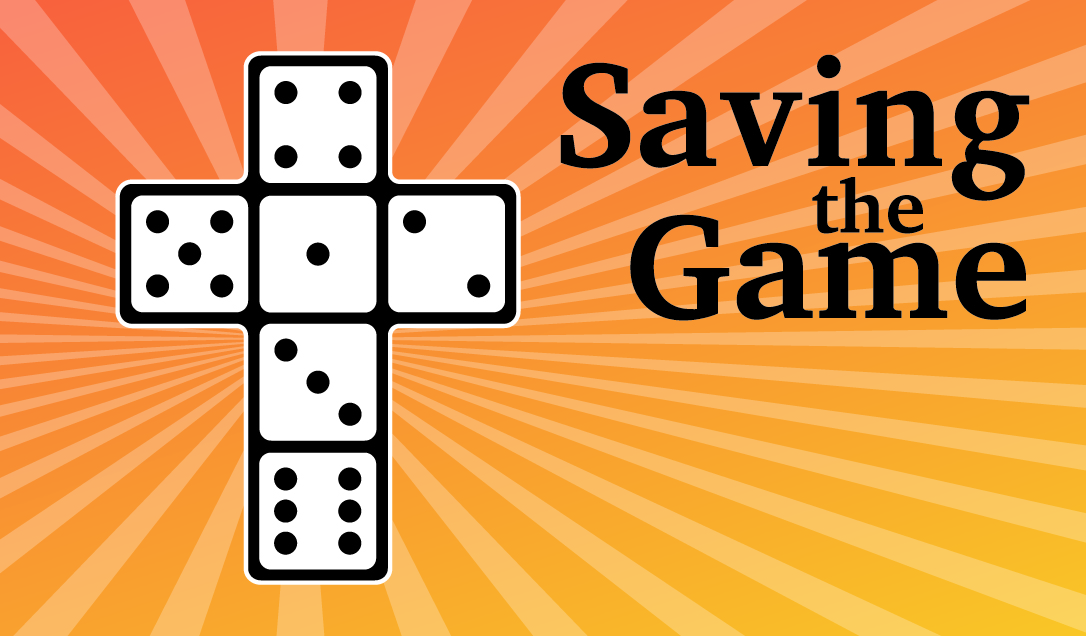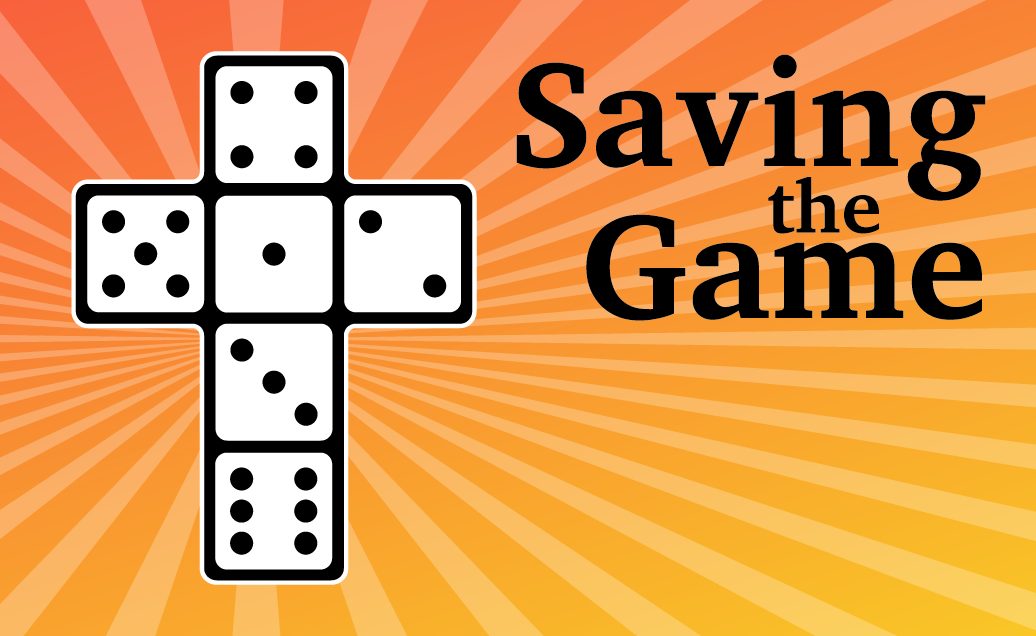Download
this episode (right click and save)
Reverend Jason D. Wood, a full-time pastor and gamer, joins Grant and Peter to help introduce roleplaying games to the curious! Jason writes for The Mad Adventurers Society as The Mad Cleric, giving out gaming advice and life advice for gamers in equal measure, and contributes to the Mad Adventurers’ Potelbat and Potelbat Yalp podcasts. (He’s most accessible on Twitter as @Wood_JasonD.)
Jason joins us for a very special episode: An introduction to roleplaying games for the curious and the uninitiated. As a sort of companion piece to our very first episode (“Are RPGs Evil?“), this episode is designed to be a resource for those who’ve never played before, and want to (or feel the need to) know more about them. We outline the general conceits of RPGs, explain system and setting, discuss why they’re so much fun, and elaborate on some of the positive benefits of roleplaying games. (In particular, we spend some time talking about The Bodhana Group; new listeners should listen to Episode 25, “Therapeutic Roleplaying (with Jack Berkenstock Jr.)” for more on that. They’re awesome.) Finally, we wrap up with some advice on getting started in roleplaying games, whether individually, as a family, or as a church activity.
Scripture: Proverbs 27:17, Mark 12:28-31, Luke 5:27-32, Romans 14:16


2 thoughts on “Episode 63 – An Introduction to Roleplaying Games (with Rev. Jason D. Wood)”
This is a loaded question, and I wrestled with it before finally writing something…
This only slightly related to the moral panic of the 1980s regarding RPGs. In my situation, it’s a little more complicated.
I’m participating in a contest on RPGGeek.com where the assignment was to write a playset for Fiasco with a Mythical/Supernatural theme. I immediately thought of angels & demons.
Here’s the rub. Wanting to avoid the idea of “playing” with evil spirits, I chose not to create something that would allow for the possibility that playing this playset would open the door to demonic activity. I know that demonic activity is very real, as I and several people I know have had to deal with demons attacking us and/or people we know. However, I have a very strong belief in the power of good to overcome evil, which is why I went ahead with this idea.
So I took a comedic turn on it. The playset focuses on a group of demons who are the most inept, stupid, and sorry bunch to ever try anything evil. These are the guys who cause kittens to get stuck in trees, traffic lights to malfunction, and rain to temporarily ruin a picnic. Think Police Academy meets Stripes meets Dark Helmut from Spaceballs, but with demons. In order to hide their incompetence from themselves and keep them thinking that their superiors have the utmost respect for them, this force of idiots has been given the name Legio Et Exitia Ruina – The Legion of Total Destruction.
Knowing that context, what are your thoughts on this? I was very deliberate in choosing things that would steer the game towards comedy and slapstick rather than authenticity, so I know my motivation. but I wanted to get your take, based on what you’ve read here.
Thanks for another good episode, guys!
RPGs have become very important to me over the past few years. I grew up always being fascinated by the idea of tabletop RPGs, but I never got to play until after college (at first due to my parents’ typical-for-the-time Evangelical suspicion of RPGs, and then later due to me not having the friends or outgoing personality to find fellow gamers).
Here are several things that I think are especially good about RPGs as an artform and a social activity:
1. As an artform, RPGs explore a vast variety of stories and themes. I could play a game about the bravery of fantasy heroes standing against a world-threatening evil, or about how technological advances could expose people to new forms of oppression, or about monsterous characters struggling against their own inclinations to evil, or about how the horrors of the Civil War affected common soldiers.
2. RPGs invite a different interaction with these stories than other forms of media. Instead of watching characters respond to their circumstances and express their personalities, I get to actually make those choices myself in playing a character, and also respond creatively to the unpredictable choices made by my fellow players. This makes the narrative in the game both more memorable and immediate, and also gives me a sense of creative ownership in the story. I’m not just watching someone else’s story, I’m creating my own through play.
3. RPGs are a wonderful way to build friendships and trust with people. Collaborating together on a story gives people a chance to open up and express their personalities safely. And the humor and entertainment of enjoying a story together is a powerful bonding agent, too.
4. As I’ve dedicated more time to running and writing RPG scenarios, I’ve found it to be an incredible outlet for intellectual creativity. Figuring out how to combine story ideas with rule structures, learning how to leave space for players’ creativity, and coming up with interesting twists on classic plotlines are all fun intellectual challenges. And I get to indulge my love for research, too, as I incorporate real-world history into some of my scenarios.